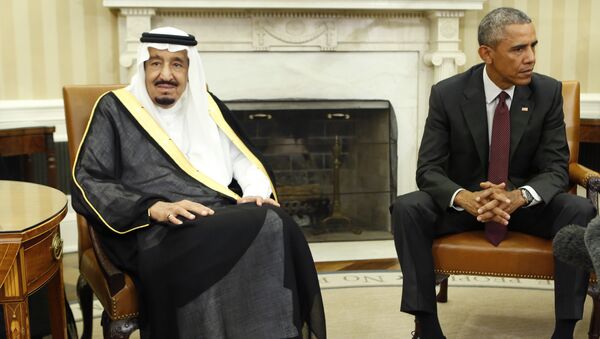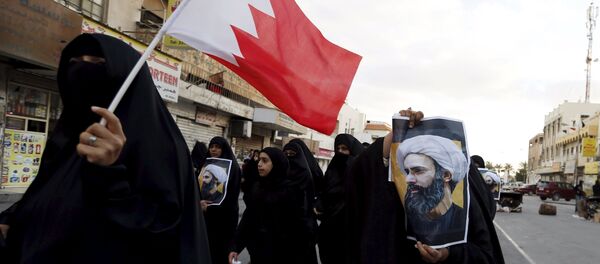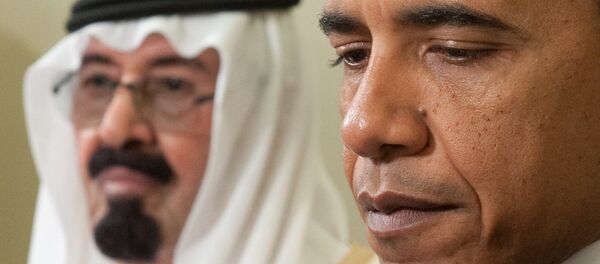“Our relationship is in terrible shape. Riyadh would not listen to us, even if we want to be heard”, said a former high rank adviser on the Middle East to George Bush administration, Elliott Abrams.
“The flap comes amid concern among some Washington sources familiar with the Saudi royal family that its leadership has grown erratic and paranoid since the death of King Abdullah bin Abdulaziz last January. He was succeeded by his half-brother, now 80, Salman bin Abdulaziz,” Politico reported.
Nevertheless, the relations between the two countries were complicated from the very beginning, when US President Barack Obama’s tenure began, noted the newspaper.
The American president was immediately attacked by conservatives for subservience to the Arab leaders.
On the way to all the diplomatic efforts came the Arab Spring. In 2011, Obama decided to withdraw his support of the Egyptian president and close ally of Riyadh Hosni Mubarak and sided with the protesters. Then Saudi officials complained to the US counterparts about the US president saying that he rejected a reliable Arab ally, and in Riyadh Obama's commitment to their allies was put to question.
“The tension grew worse when Obama worked with Mubarak’s successor, Mohamed Morsi, a leader of the Muslim Brotherhood. The Saudis consider the Brotherhood — whose Egyptian branch has renounced violence — to be a terrorist organization and a mortal threat to their power,” Politico noted.
In November 2013, Saudi officials learned from news feed about the latest initiative of Obama to start secret talks with arch-enemy of Saudi Arabia, Iran. Riyadh opposed the idea of agreements with Iran: on one hand, Riyadh feared that Obama is planning a strategic turn in regional policy but on the other hand it was angered by the fact that the American president was acting behind their backs.
By the time Abdullah died last January, the relations between Obama and the king were at their lowest. With the ascension to the throne of Salman, Barack Obama began to take concrete steps towards reconciliation: for example, he cut short his visit to India to attend the funeral of Abdullah and pay homage to the new head of the Arab states.
But there was no counter gesture as King Salman refused the invitation of the White House and did not attend the congress of the Sunni Arab leaders at the residence of the US president at Camp David. Nevertheless, the US continues to pursue policies designed to persuade members of the royal family that Washington is on their side.
Obama supported the military campaign of Riyadh in Yemen, despite the concern within the administration — the officials did not understand what could end the Saudi initiative and worried about civilian casualties.
The US president is cautious in comments: Despite occasional criticism of the repressive legal and political systems, the White House is in no hurry to condemn the execution of Shiite preacher Nimrah al-Nimrah, and another 46 people that were considered terrorists by the authorities of Saudi Arabia, the newspaper noted.
“The best way to mollify the Saudis was to demonstrate toughness against Tehran, Ross said, which he predicted would continue to test Obama's resolve.”
Nevertheless many observers fear the relationship could grow worse still, with dangerous consequences for the region, concluded Politico.






